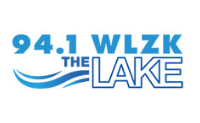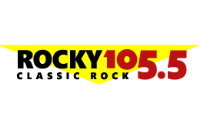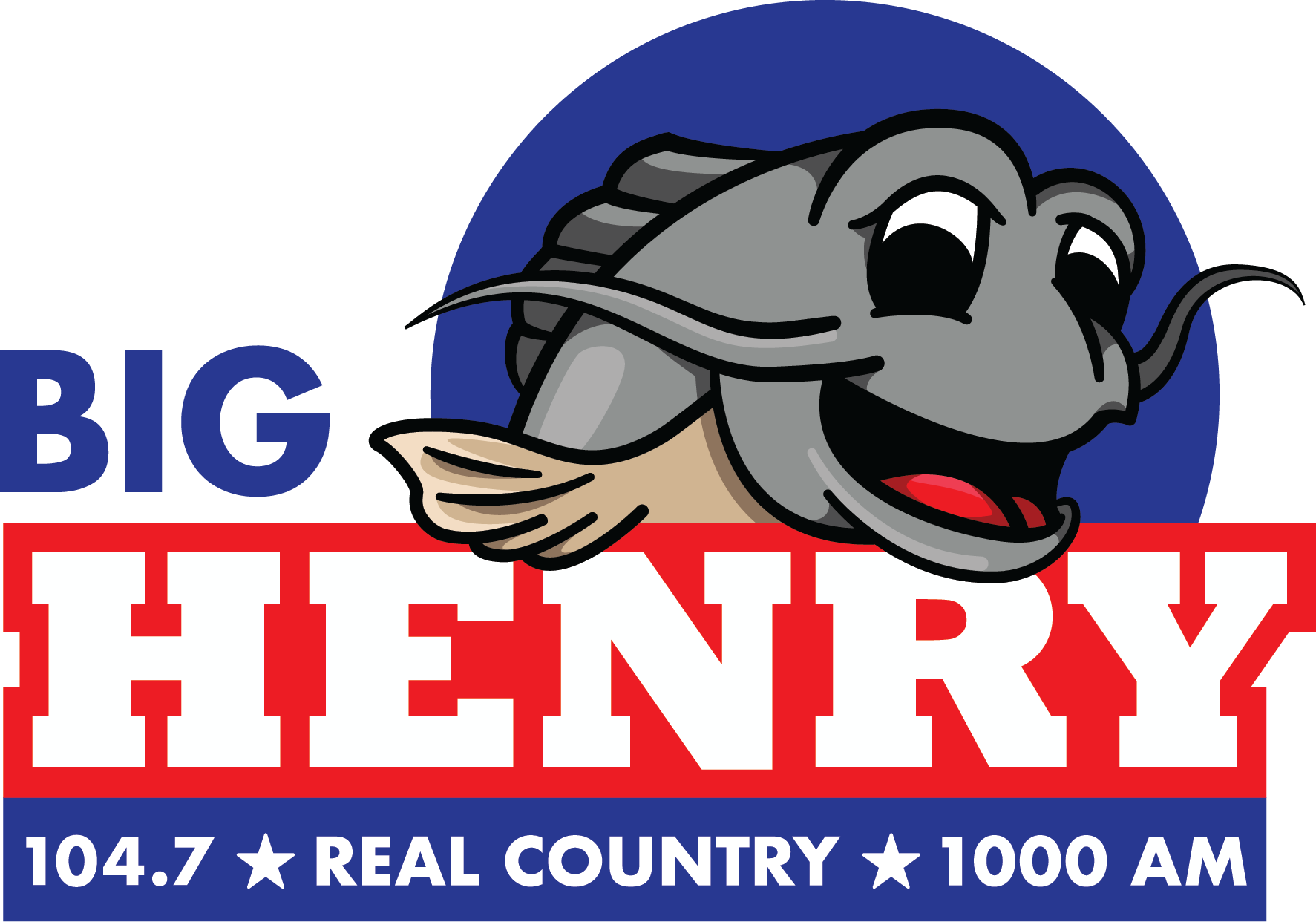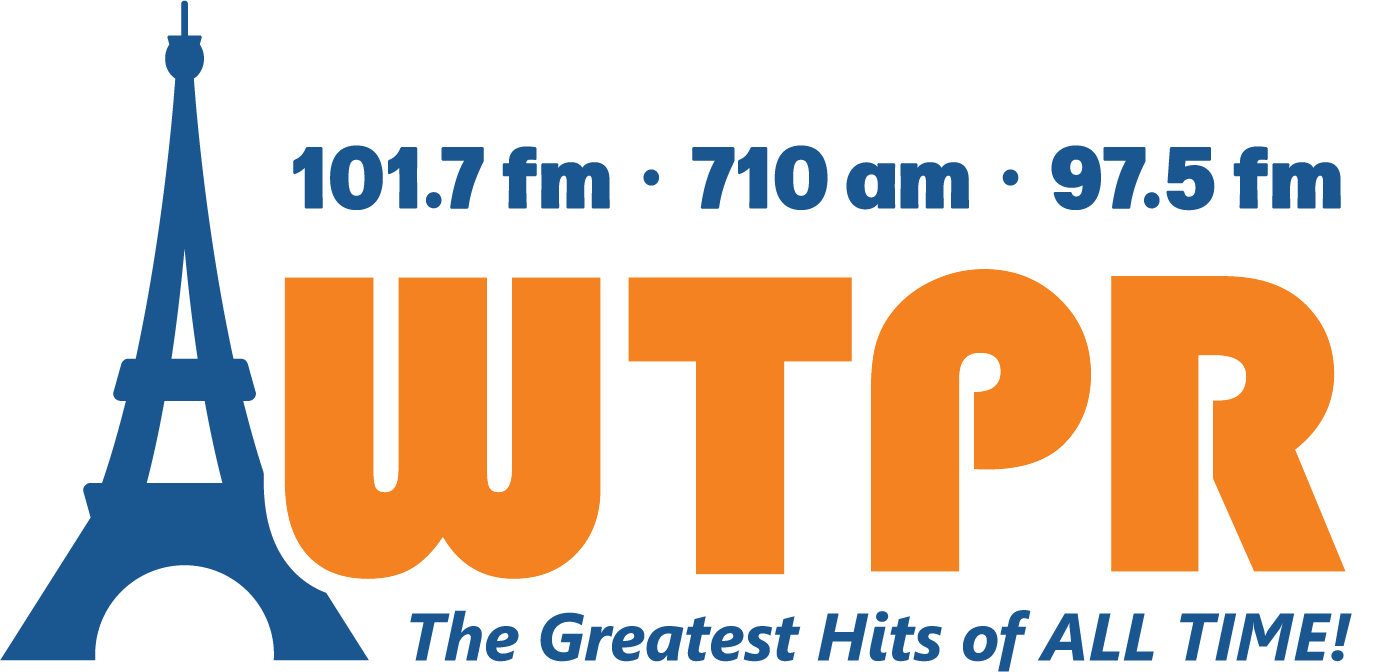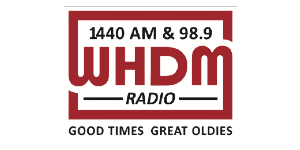
By Shannon McFarlin News Director
Paris, Tenn.—Meeting for a work session Monday evening, the Henry County Schools Board of Education was presented with a wealth of information on needed improvements at the high school football field and the pros and cons of synthetic turf versus natural grass.
It was a long day for the school board, which held back-to-back and lengthy work sessions: the first involved discussion of a proposed board scholarship, with the second session centering on the ongoing turf issue.
On hand for the turf discussion were Head Football Coach James Counce, members of the Quarterback Club, Athletic Director Mike Poteete, County Commissioners Drew Williams and Marty Visser and administrators.
Because it was a work session, no action could be taken by the board. The session was for discussion and informational purposes only.
Board members heard presentations from L.I. Smith Engineering, Pooler’s Landscaping, and the University of Tennessee at Martin athletic department.
One thing on which most everyone seemed to agree: the football field is in bad shape and needs major improvements. What form those improvements take is still to be determined.
Kurt McGuffin, Director of Intercollegiate Athletics and Bart Belew, Assistant Athletic Director from the University of Tennessee at Martin, spoke about experience with the UTM synthetic field, which was installed 11 years ago.
Both spoke positively about synthetic turf which they said can be used for a variety of sports, as well as the band, and which can be a revenue-maker for the district.
McGuffin advised the board that if they do go the synthetic turf route, they will need to bid out for equipment, warranty and cleaning (to be done each year). “You’re really going to need the bid process on these things,” McGuffin said.
The UTM turf was installed with a 10-year warranty for $800,000, but McGuffin reminded everyone that was 11 years ago. He said the first time the turf is laid is always the most expensive. This year with equipment replacement, the cost was $438,000 for the athletic department.
McGuffin said several teams use the field year-round and often back-to-back all day and the band also uses it. “This also is a revenue-producer for the university because we can rent it out. One of the minor league teams rent it now and for small schools, revenue is at a premium. Any time you can make $60,000 extra, you want to look at that.”
Belew said there are not many studies on injuries occurring on synthetic versus natural turf but the ones that have been done show little difference. As for heat being generated by synthetic turf, Belew said, “It is true that synthetic is a little hotter, but you can move the practice times around. When heat is an issue, we can always hold practices at night.”
Both Patrick Smith of L.I. Smith and Jason Pooler of Pooler Landscaping said major improvements with drainage is needed on the current field.
Smith said, “Replacing and repairing the field is only a small part of what needs to be done.” He said he has seen fans at football games having to walk through ankle-deep and higher water and noted that the field “somewhat acts like a dam, keeping water from flowing”.
Smith said he hated to see the Quarterback Club and county “invest that much money for needed improvements to the football field and then have to back up and retrofit” to deal with the basic problems evident now.
He estimated needed work at $75,000-$100,000 “and that’s a rough estimate”
Pooler said, “Our field is 29 years old and it’s one of the oldest I’ve seen in Tennessee, but it’s held up pretty good. I’m just worried about the safety of the kids. If you go with a grass surface again, you can hire who you want. I’m concerned about the safety of the kids.”
Pooler said, “I’m thinking the grass is to way to go, but I see a use for synthetic, too. But either way, like Patrick said, you’re going to have to deal with the drainage issues.”
In board discussion after the presentations, Board Member Rod Frey said, “I don’t want it to cost taxpayers any extra. Like to suggest the board lean toward artificial turf at this time.”
“Before we go any further,” Board Member Josh Frey said, “We really need a joint work session with the county commission.”
In answer to a question from Board Member James McCampbell, Quarterback Club Co-President Andy Collins said the club has raised $118,000 earmarked for a synthetic turf project, with pledges of a half million dollars. “Our goal is not to use taxpayers’ money for it.”
Director of Schools Dr. Leah Watkins said, “We have to look at multiple factors: what all are we going to do with the field? Need to really look at pros and cons in several areas. We need to figure out which is best for us.”
Board Member Tom Beasley, “What is our timeline. Are we wanting to do something before this football season.
Dr. Watkins said, “We do have a field issue and we need to do something about the drainage.”
Coach Counce and members of the Quarterback Club said something could be done before football season, but time is running short.
“So no matter what we do,” Dr. Watkins said. “Time is of the essence.”
Photo: Patrick Smith of L.I. Smith speaks to the board. (Shannon McFarlin photo).


